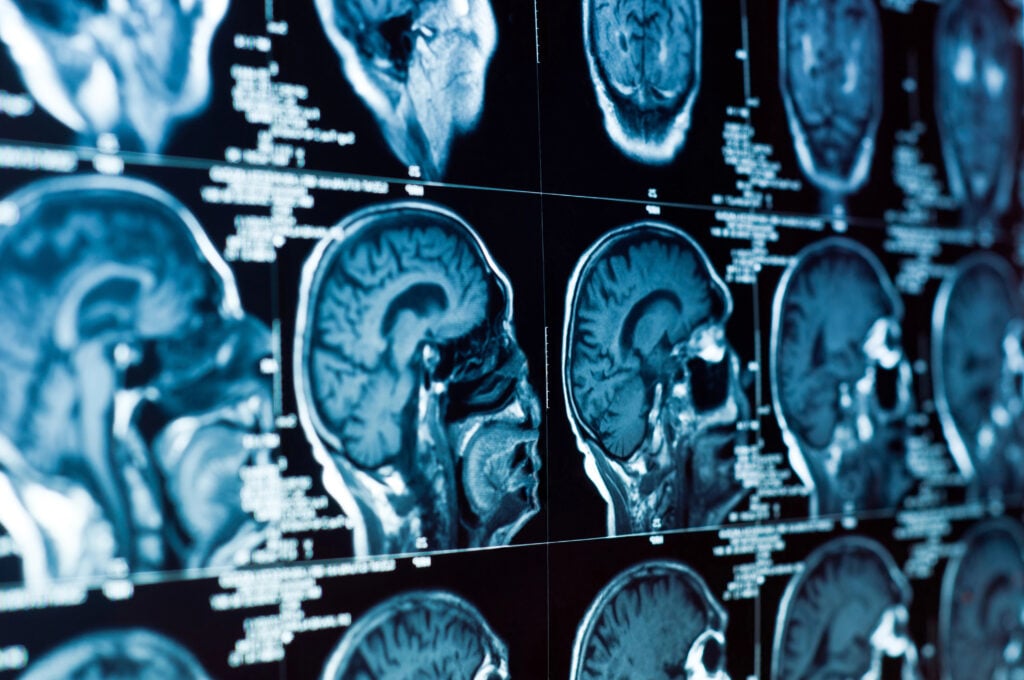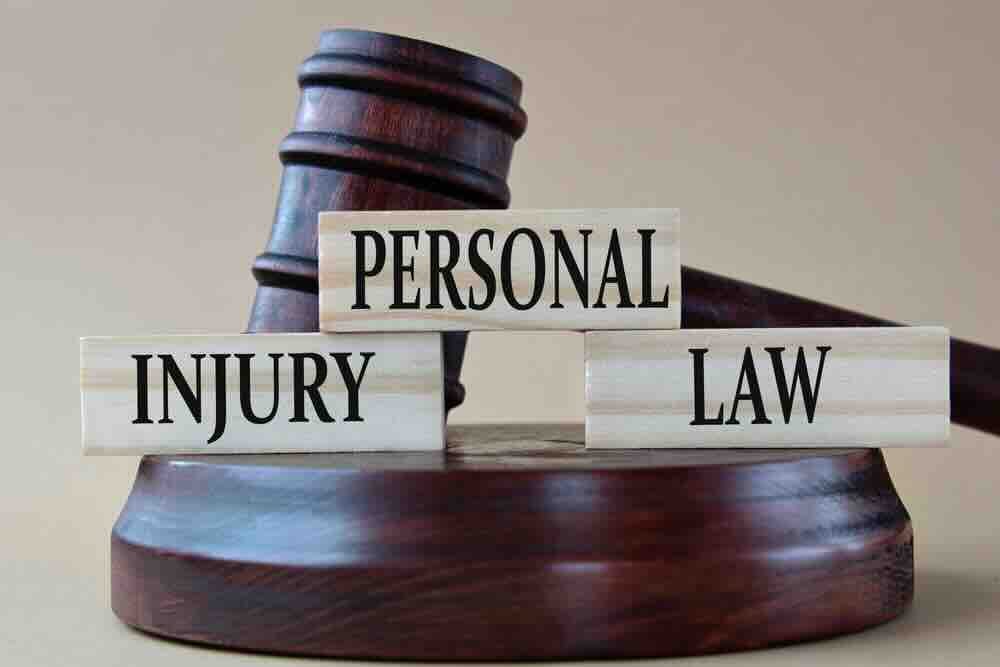A traumatic brain injury can change your life in an instant. Whether caused by a car accident, fall, or workplace incident in Houston, brain injuries affect not just the victim but entire families. These injuries range from mild concussions to severe trauma requiring lifelong care, and the medical bills, lost wages, and emotional toll can be overwhelming.
Brain injuries often occur when someone else’s negligence causes an accident. Motor vehicle crashes, slip and falls on poorly maintained property, defective products, and workplace accidents are common causes. When another party’s carelessness leads to your injury, Texas law may entitle you to compensation for medical expenses, lost income, and pain and suffering.
Time is critical after a brain injury—both for medical treatment and legal protection. Brain damage can worsen without prompt care, and evidence supporting your claim can disappear quickly. Insurance companies often contact victims within days, hoping to settle claims before the full extent of injuries becomes clear.
If you’ve suffered a traumatic brain injury in Houston, understanding your legal rights and treatment options helps ensure you receive the care and compensation you deserve.
Common Causes of Traumatic Brain Injuries

Motor Vehicle Accidents
Car, truck, and motorcycle accidents are leading causes of traumatic brain injuries in Houston. The force of impact can cause the brain to strike the inside of the skull, even when no external head injury is visible. High-speed collisions on Houston’s busy highways like I-45 and I-10 create particularly dangerous conditions for brain trauma.
Falls and Slip-and-Fall Incidents
Falls account for a significant portion of brain injuries, especially among older adults and children. Wet floors, uneven surfaces, inadequate lighting, and missing handrails in stores, restaurants, and apartment complexes can cause serious head trauma. Construction sites and workplaces with elevated surfaces pose additional fall risks.
Workplace and Construction Accidents
Houston’s industrial and construction sectors expose workers to brain injury risks from falling objects, equipment malfunctions, and falls from heights, leading to potential injury lawsuits. Oil refineries, chemical plants, and construction sites require strict safety protocols, but violations can lead to devastating head injuries when workers are struck by machinery or materials.
Sports and Recreation Injuries
Contact sports, cycling accidents, and recreational activities can cause brain injuries when proper safety equipment isn’t used or maintained. Youth sports programs and recreational facilities have responsibilities to provide adequate protection and supervision to prevent head trauma.
Defective Products and Equipment
Faulty helmets, defective car safety systems, and malfunctioning workplace equipment can fail to protect against brain injuries or actually cause them. When products don’t perform as designed, manufacturers may be liable for resulting brain trauma.
Types of Traumatic Brain Injuries
Concussions are the most common form of brain injury, often called “mild” traumatic brain injuries. However, even mild concussions can cause lasting problems with memory, concentration, and mood. Multiple concussions increase the risk of long-term complications and may require extended recovery time.
Contusions involve bruising of brain tissue, typically caused by direct impact to the head. These injuries can cause swelling and bleeding in the brain, requiring immediate medical intervention. Severe contusions may need surgical treatment to relieve pressure and prevent further damage.
Diffuse Axonal Injuries occur when the brain moves violently inside the skull, tearing nerve fibers throughout the brain. These injuries are common in car accidents and can cause widespread damage affecting multiple brain cells and functions. Recovery often requires intensive rehabilitation and may result in permanent disabilities.
Penetrating Brain Injuries happen when objects pierce the skull and enter brain tissue. These traumatic injuries typically require emergency surgery and carry high risks of infection, seizures, and permanent neurological damage. Recovery depends on the location and extent of brain tissue damage.
Intracranial Hemorrhages involve bleeding inside the skull, which can rapidly increase pressure on the brain. These medical emergencies require immediate surgical intervention to prevent permanent brain damage or death. Even with prompt treatment, survivors often face long-term complications.
Symptoms to Watch For
Physical symptoms of brain injury can include persistent headaches, dizziness, nausea, vomiting, and loss of coordination. You might experience sensitivity to light or sound, blurred vision, or ringing in the ears. Fatigue and sleep disturbances are also common, even after seemingly minor head injuries.
Cognitive problems often develop after brain trauma, including memory loss, difficulty concentrating, confusion, and trouble processing information. You may find it hard to follow conversations, make decisions, or complete familiar tasks after a type of brain injury. These issues can significantly impact work performance and daily activities.
Emotional and behavioral changes frequently accompany serious brain injuries, such as irritability, mood swings, depression, and anxiety. Personality changes, increased aggression, or social withdrawal may occur. Family members often notice these changes before the injured person recognizes them.
Always seek immediate medical attention for any head injury, even if symptoms seem mild initially.
Long-Term Effects of Brain Injuries
Brain injuries can create lasting challenges that affect every aspect of daily life. Cognitive difficulties may persist for months or years, making it hard to return to work, manage finances, or maintain relationships. Memory problems, reduced processing speed, and difficulty multitasking can significantly impact earning capacity and independence.
Physical complications often include chronic headaches, seizures, balance problems, and coordination difficulties associated with serious brain injuries. Some survivors experience partial paralysis, speech problems, or sensory impairments that require ongoing therapy and adaptive equipment. These physical limitations can prevent returning to previous employment or recreational activities.
The emotional toll extends beyond the injured person to affect spouses, children, and other family members. Depression, anxiety, and personality changes can strain relationships and require family counseling. The financial burden of medical care, lost income, and necessary home modifications adds additional stress during an already difficult time.
Diagnosis and Treatment
Doctors diagnose brain injuries through neurological examinations, cognitive testing, and imaging studies like CT scans or MRIs. These tests help determine the location and severity of brain damage, guiding treatment decisions. Early diagnosis is crucial for preventing complications and beginning appropriate rehabilitation.
Treatment Options
- Emergency surgery to relieve brain swelling or remove blood clots
- Medications to control seizures, reduce swelling, and manage symptoms
- Physical therapy to restore movement, balance, and coordination
- Occupational therapy to relearn daily living skills
- Speech and language therapy for communication problems
- Cognitive rehabilitation to improve memory and thinking skills
- Psychological counseling for emotional and behavioral issues
- Vocational rehabilitation to help return to work
Severe brain injuries may require long-term residential care or specialized rehabilitation facilities. Some patients need ongoing assistance with basic activities like eating, bathing, and mobility for the rest of their lives.

Legal Rights in Houston, Texas
Texas personal injury law allows brain injury victims to pursue compensation when another party’s negligence caused their injury. Negligence occurs when someone fails to exercise reasonable care, resulting in serious brain injuries to others. Property owners, drivers, employers, and product manufacturers all have duties to prevent foreseeable injuries.
To recover damages, you must prove the responsible party owed you a duty of care, breached that duty, and directly caused your brain injury. Common legal grounds for brain injury claims include:
- Motor vehicle accidents caused by reckless or distracted driving
- Premises liability for dangerous conditions on someone’s property
- Workplace negligence and safety violations
- Medical malpractice during treatment or surgery
- Defective product liability for faulty safety equipment
Proving Liability
To pursue a brain injury claim, you must establish each element of negligence. The responsible party must have owed you a duty of care to act reasonably under the circumstances. They must have breached that duty through action or inaction that fell below acceptable standards. You must prove causation—that their breach directly caused your brain injury. Finally, you must demonstrate actual damages from the injury.
Evidence in brain injury cases typically includes medical records documenting the injury and treatment, police reports or incident reports, witness statements describing how the accident occurred, photographs of the accident scene and your injuries, surveillance footage when available, and expert testimony from medical professionals, accident reconstructionists, or safety specialists. This evidence helps establish both liability and the full extent of your damages.
Compensation You May Be Entitled To
Brain injury compensation aims to restore victims as much as possible to their pre-injury condition and provide for future needs. Texas law recognizes that brain injuries often require extensive medical care and can permanently alter a person’s life and earning capacity.
Economic damages may include:
• Medical expenses for emergency care, surgery, rehabilitation, and ongoing treatment
• Lost wages and reduced earning capacity
• Costs of adaptive equipment and home modifications
• Future medical care and therapy needs
Non-economic damages address:
• Pain and suffering from the injury and treatment
• Mental anguish and emotional distress
• Loss of enjoyment of life and activities
• Permanent disability and disfigurement
Severe brain injuries that result in permanent disabilities or require lifelong care typically justify higher compensation due to the extensive impact on victims and their families.
Why Contact a Houston Brain Injury Lawyer Quickly
Brain injury cases require immediate action to preserve critical evidence and protect your legal rights. Medical records, surveillance footage, and witness memories can disappear quickly if not secured promptly. Insurance companies often contact victims within days of an accident, hoping to obtain statements or settlements before the full extent of brain damage becomes apparent.
Dealing with insurance adjusters without legal representation puts you at a significant disadvantage. These professionals are trained to minimize payouts and may use your statements against you later. They often make quick settlement offers that seem generous but fall far short of covering long-term medical needs and lost earning capacity.
Texas imposes a two-year statute of limitations on personal injury claims, but waiting too long can weaken your case substantially. An experienced Houston brain injury attorney can immediately begin investigating your claim, consulting with medical experts, and building the strongest possible case for maximum compensation. Early legal intervention also ensures you receive appropriate medical care and don’t accept inadequate settlement offers before understanding your injury’s full impact.













